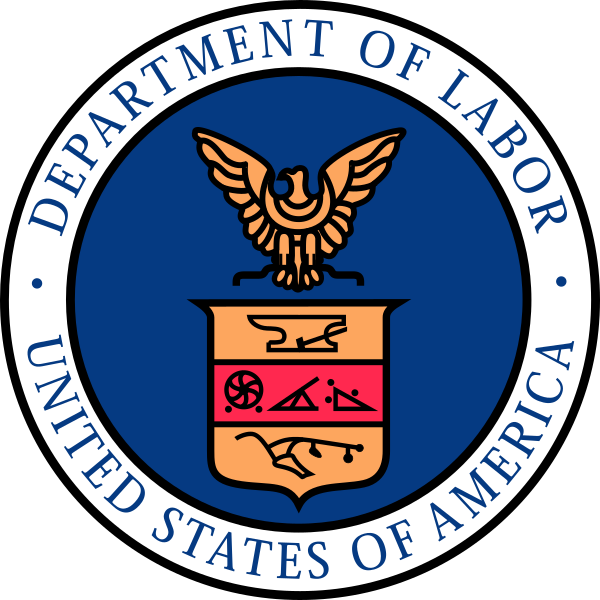Workforce Opportunity for Rural Communities (WORC)

The WORKFORCE OPPORTUNITY FOR RURAL COMMUNITIES INITIATIVE (WORC), provides grant funds to support workforce development activities that prepare workers for good jobs in high-demand occupations in rural communities. NBRC partners with the Department of Labor to provide grantees with technical assistance to promote successful projects and strong outcomes for workers and businesses. NBRC State Program Managers are not the primary support for applicants to the WORC program. Interested applicants are invited to submit questions to NBRC’s technical assistance provider, Chamberlin/Dunn* at mc@chamberlindunn.com or nd@chamberlindunn.com.
*NBRC is pleased to continue to work with Chamberlin/Dunn LLC (C/D) to deliver pre-application and post-award technical assistance to Workforce Opportunity for Rural Communities (WORC) Round 6 applicants and grantees in the Northern Border Region. C/D brings extensive experience with Department of Labor grants, generally, and with the WORC initiative specifically. Chamberlin/Dunn has served as the TA provider for WORC grantees in the Appalachian region since the program’s Round 1, in 2019, and for the Northern Border and Delta regions since Round 5. Based in Indiana, C/D works with nonprofit and public organizations throughout the U.S. to plan, evaluate, and improve programs that support community prosperity. www.chamberlindunn.com
Detalied informaiton on the WORC opportunity can be found here Workforce Opportunity for Rural Communities (WORC) Initiative | U.S. Department of Labor (dol.gov).
